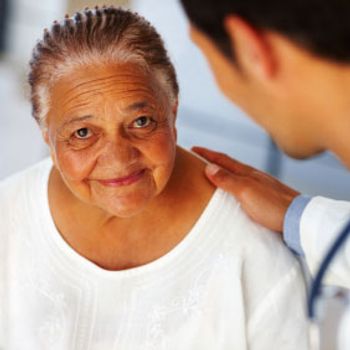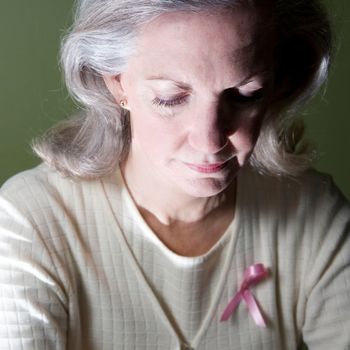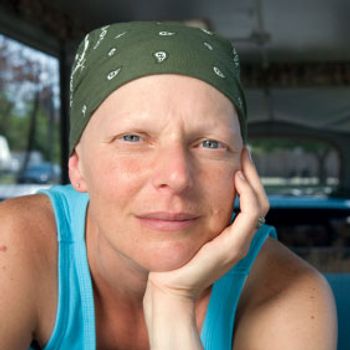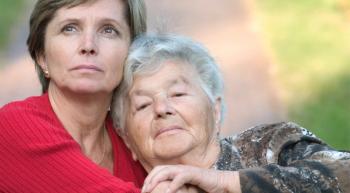
Melissa Andres, BSN, RN, OCN, discusses the growing role of nurse navigators and the rewards she has found in this specialty.

Melissa Andres, BSN, RN, OCN, discusses the growing role of nurse navigators and the rewards she has found in this specialty.

To help patients decide whether active surveillance or a more aggressive approach is best to treat their localized, low-risk prostate cancer, researchers at Thomas Jefferson University created an online decision-support tool that relies on a trained nurse educator to help patients better understand their treatment options.

Newly published research has found that acupressure, a derivative of traditional Chinese medicine that puts pressure on Qi points using thumbs or devices, may provide breast cancer survivors with some much-needed relief for fatigue, one of the most common, and long-lasting, aftereffects of their anticancer treatment.

Mutations in BRCA1 and BRCA2, most commonly linked with breast and ovarian cancers, are now gaining wider recognition for being associated with pancreatic cancer as well.

Older Americans represent a rapidly growing segment of the US population in what some have termed a “silver tsunami” with important implications for the delivery of healthcare services.

Although survivors of childhood cancer are at an increased risk of developing second cancers later in life, a recently reported study found that they are actually less likely to receive the vaccine series aimed at preventing the human papillomavirus (HPV) which is linked to a number of cancers.

Febrile neutropenia can be a dose-limiting complication of treatment with myelosuppressive chemotherapy for early-stage breast cancer.

Although public awareness of breast cancer is generally high, this is not the case for metastatic breast cancer, and the Association of Community Cancer Centers (ACCC) is partnering with leading cancer advocacy groups on a new project to change that.

As survivorship rates for cancer have increased, so has the awareness of the emotional toll cancer has on a person rather than just the physical.

Caring for loved ones in the midst of major health issues is taxing for anyone, but a new report reveals that caregivers of patients with cancer experience even more stress and responsibilities than caregivers of patients with other diseases.

With a shortage of oncologists in the United States, nurse practitioners are ready to take over some of the responsibilities previously carried out by physicians in survivorship care.

A cancer diagnosis comes with an array of emotions. On top of what is happening internally to an individual’s body, patients first see what is happening externally—most noticeably their looks.

Survivors of childhood leukemia who received chemotherapy involving high concentrations of methotrexate were found to be more likely to struggle with brain functionality in the long term.


Resources and information about possible loss of fertility after cancer treatment and preservation measures to prevent infertility are sorely lacking for young women, according to a new study.

Older patients with cancer experience greater declines in physical functioning, according to a recent study published in the journal Cancer. Further, these patients also were at an increased risk of depression.

Adults with HIV and cancer are less likely to receive cancer treatment than patients who are solely suffering from cancer, according to a recent study published in the journal Cancer.